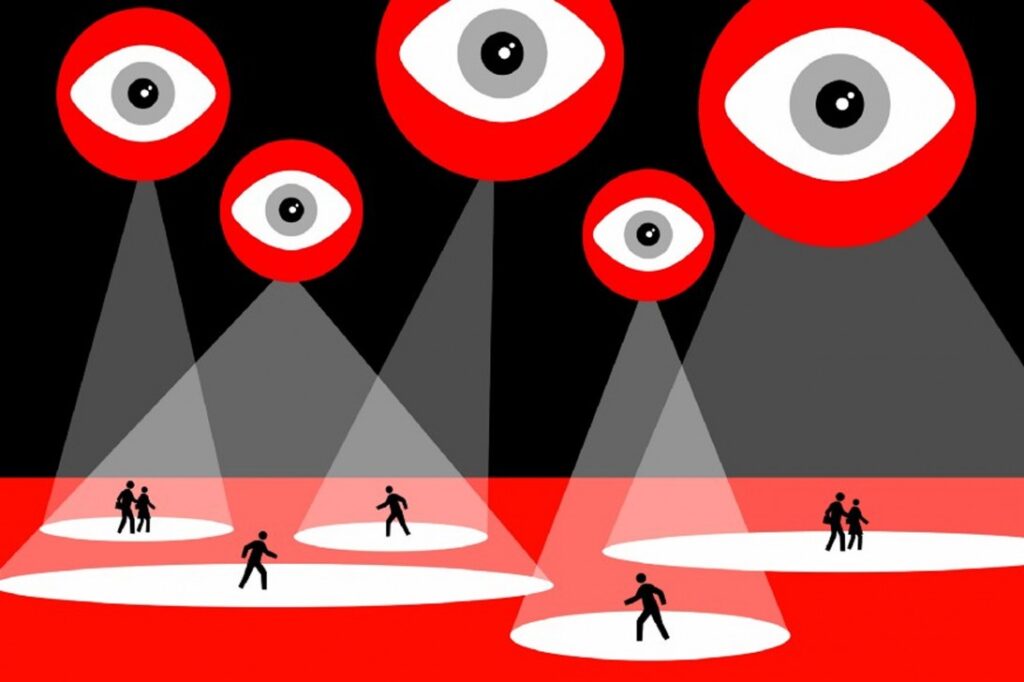Despite continued criticism following the death of writer Mushtaq Ahmed in police custody and torture on cartoonist Ahmed Kabir, harassment using Digital Security Act (DSA) continues unabated. Recently the national dailies carried a report about a man being accused under the DSA, even though he has no access to internet or any smartphone.
According to DSA, a person will be brought under the act if he commits a crime using such technology. Then how on earth can a case be filed under this act against someone who has no knowledge of digital platforms?
According to the news sent by Bhairab and Kishoreganj correspondents of Prothom Alo, a case has been filed in Bajitpur of Kishoreganj under the Digital Security Act, against a farmer who does not have a Facebook account. The farmer’s name is Abu Zaman. He is now on the run due to the case.
According to the case, Al Amin, the No. 1 accused, tarnished the social status of the family by uploading obscene posts on his Facebook against Gias Uddin alias Genu Sikder, the principal of Sikdar Model Academy in Bilpar Gazaria, the father of plaintiff Mizan Sikder. The case statement also said, accused No. 2 Abu Zaman encouraged No.1 accused to do so.
Police cannot take up a case against anyone illegally. Rather, if anyone comes to file such a case, their responsibility is to take legal action against the person concerned. A case has been filed against Abu Zaman under sections 25, 29 and 31 of the DSA respectively. His wife alleged that the case was filed with the intention of harrassing their family.
And in this case, the jurisdiction to file a case has also been questioned. Lawyers believe a third party cannot file a case under DSA. The victim who thinks he has been maligned by any action should file a lawsuit. Abusing digital security laws and harassing innocent people should be stopped.
Those under the age of 18 are identified as children or adolescents. Police said that such videos or propaganda can create resentment in the minds of the people. If a crime has indeed been committed by the two students, there may be a trial under another law, obviously not under the Digital Security Act.

